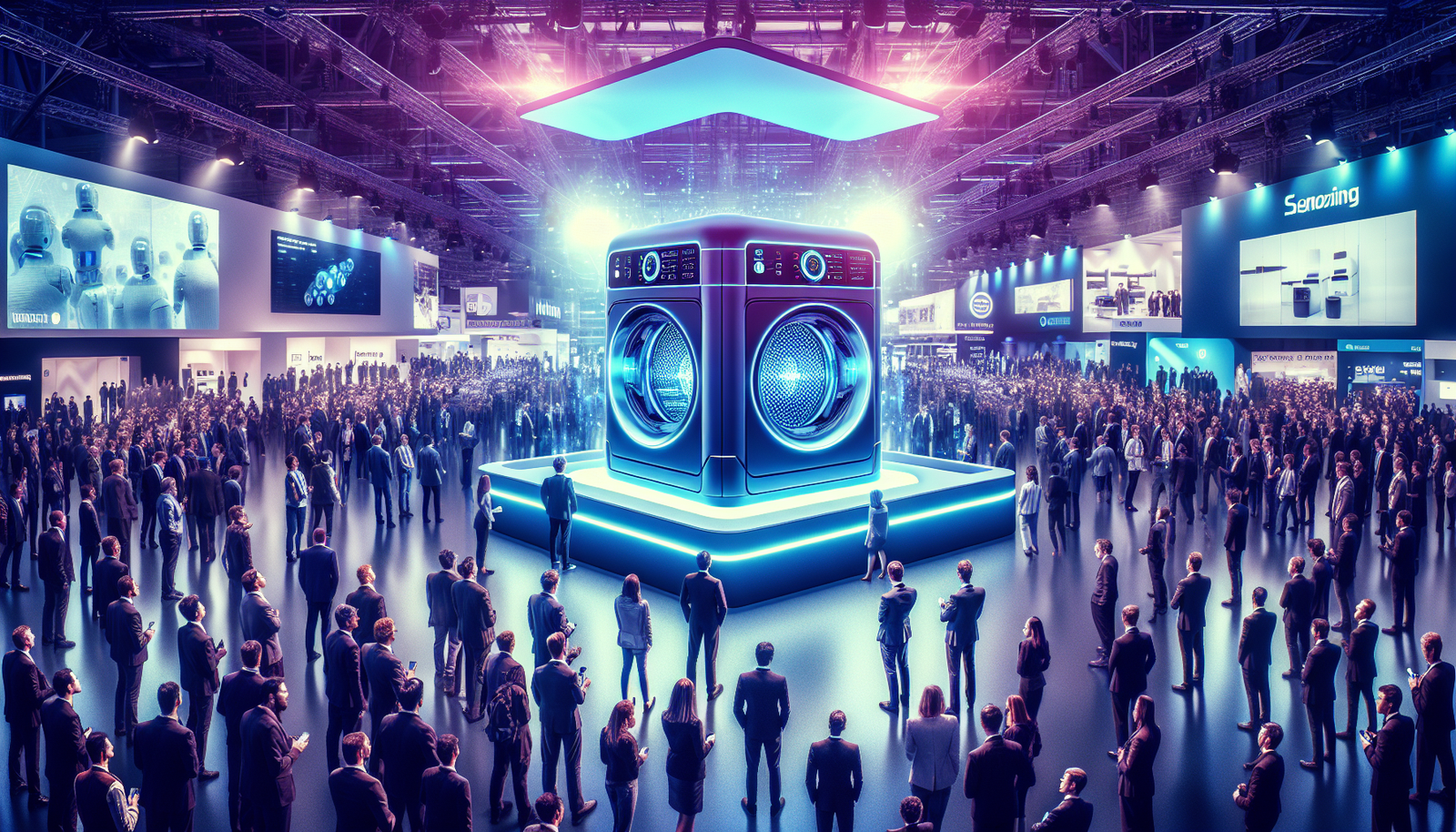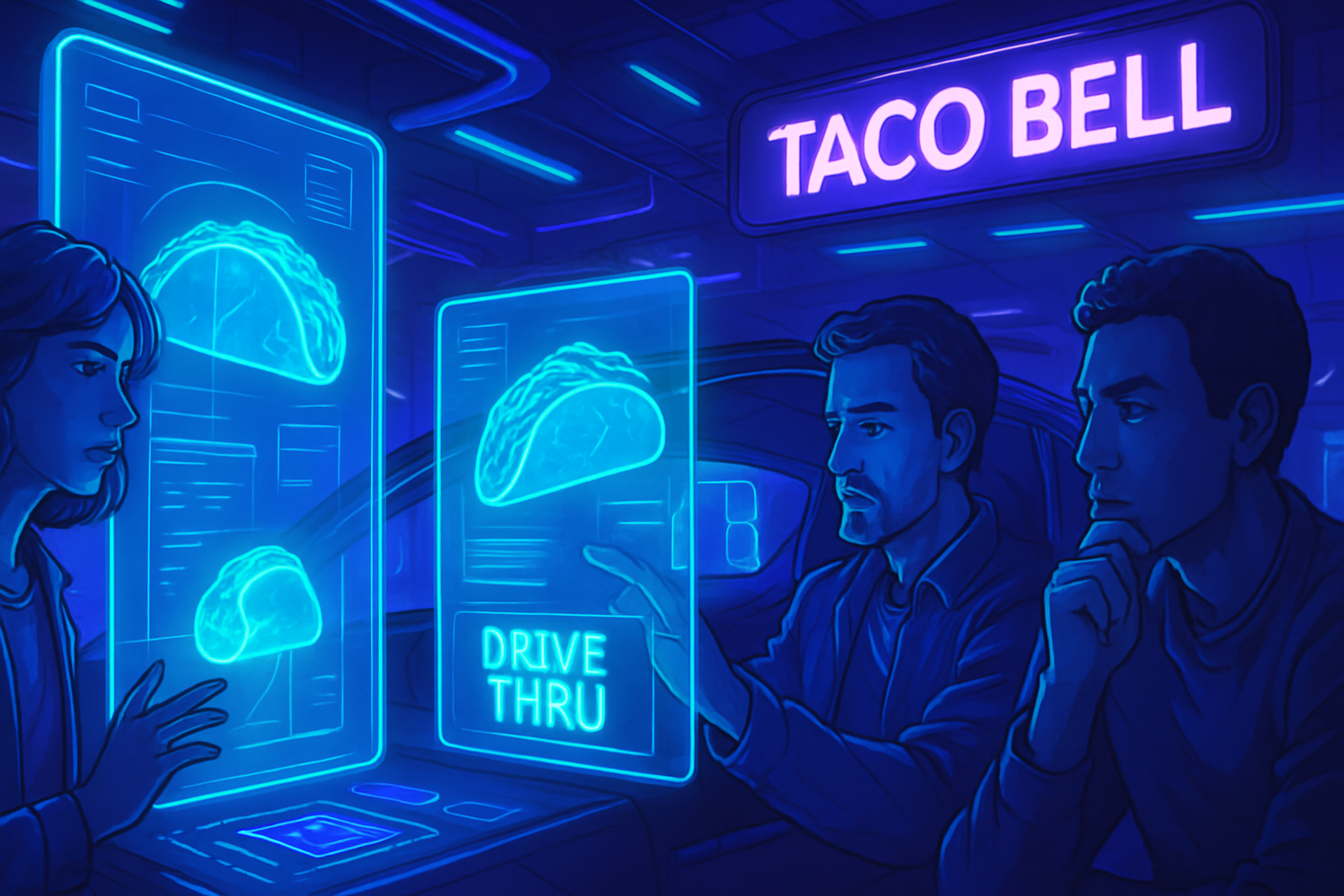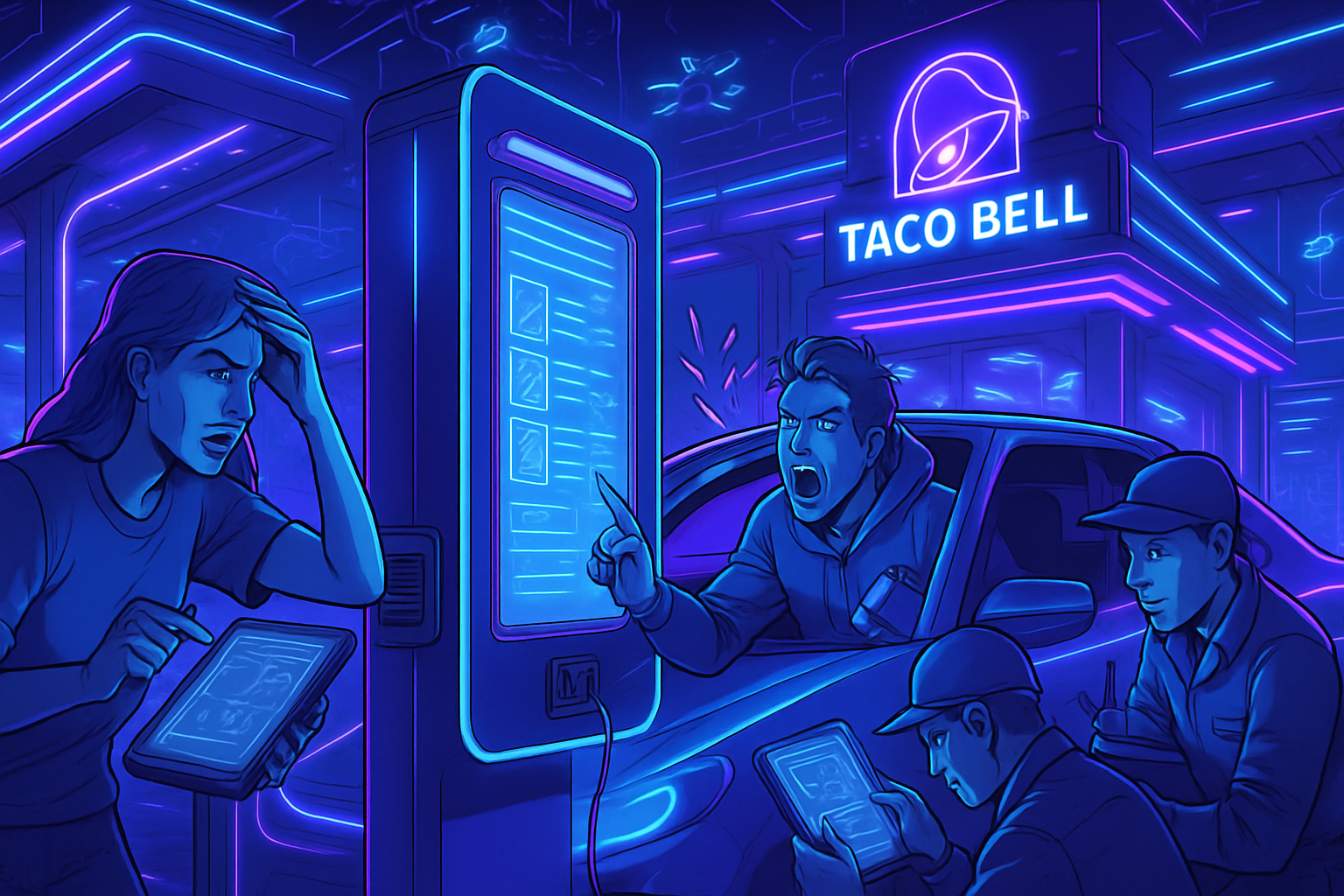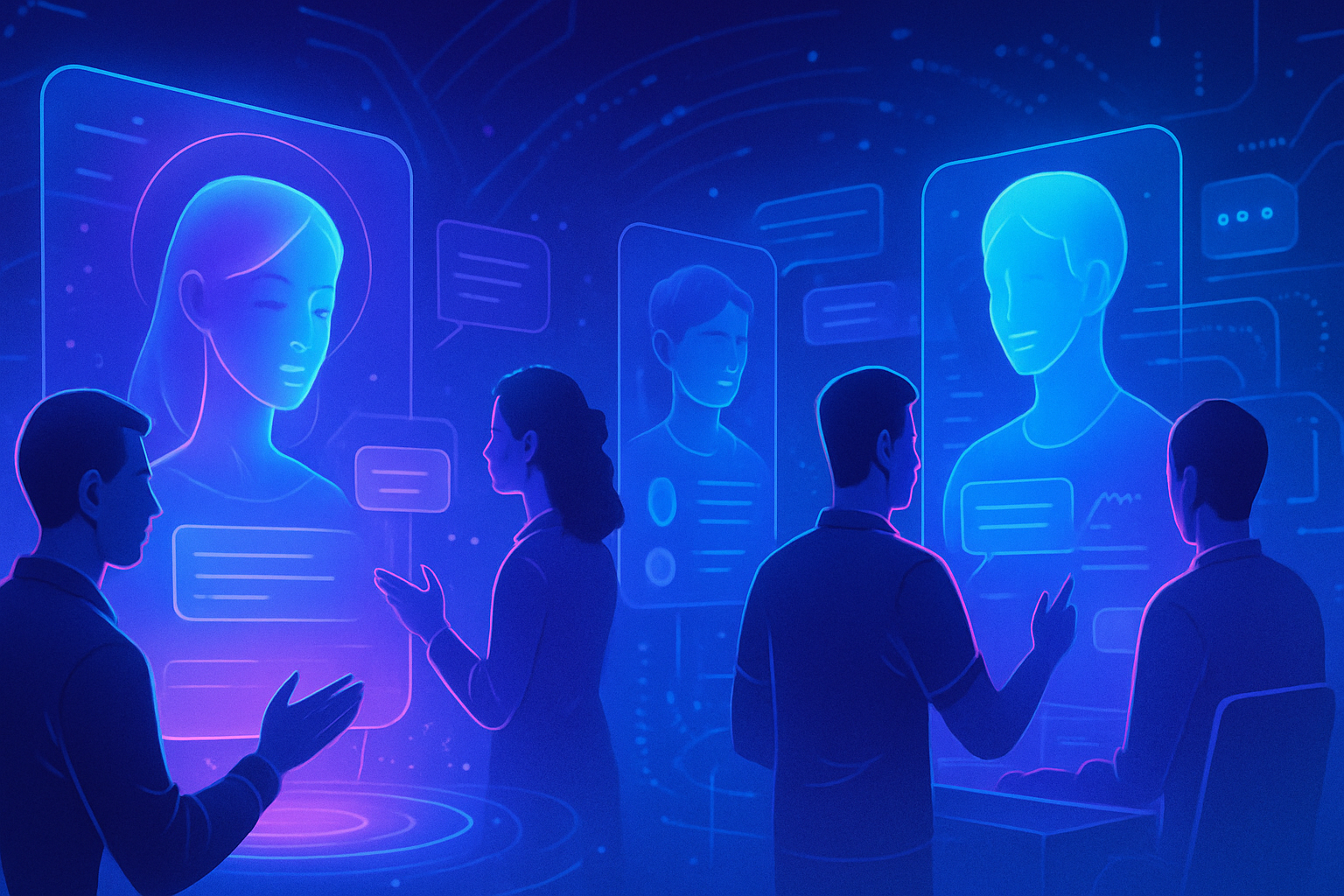The emergence of a laundry sorting robot at Europe’s largest tech show captivated the attention of experts and the public. Intense automation hopes clash with growing concerns about the effects of artificial intelligence on employment and the environment. This project embodies a decisive turning point in the technological landscape, where enthusiasm competes with fear of the unforeseen consequences of AI. The heated debates surrounding this robot, fueled by rapid innovations and ethical challenges, reveal the complexity of an increasingly technology-dependent society. The interaction between humans and machines profoundly questions our future in a rapidly changing world.
An emerging technology
The latest tech summit in Lisbon revealed a growing interest in artificial intelligence with the demonstration of a laundry sorting robot. Presented by Agility Robotics, the robot named Digit illustrated the spectacular advances made in the field of AI. Its ability to interpret voice commands, via Google’s AI model, captivated the audience.
The participants’ reactions
Although the demonstration was not entirely smooth, the enthusiasm of the participants highlighted a persistent fascination with AI following the launch of ChatGPT. This showcase strengthened the sense of anticipation and excitement around the new applications provided by advanced technologies. The crowd cheered for Digit while expressing their enthusiasm for this innovation.
The concerns related to AI
Concerns were also expressed regarding the impact of AI on the job market. During the debates, a central point was raised: the fear that millions of jobs could be replaced by robots and AI tools. Discussions included sectors such as law, finance, and even technology. The possibility that entry-level jobs could be the most affected raised intense worries among the experts present.
Transformation of professional roles
Sarah Franklin, CEO of Lattice, shared her vision on the evolution of the workforce. The structure of companies could then adopt a diamond shape, making access to entry-level positions more difficult. Rapid technological innovations are outpacing current educational and training capacities, leaving unskilled workers in difficulties.
The new job perspectives
Despite these fears, opportunities could emerge. Digit, for example, is already being used in warehouses to lift objects. Peggy Johnson from Agility Robotics mentioned the possibility of creating positions to oversee these robots and manage the tasks they perform.
Environmental impact of AI
Climate issues were also central to the debates, highlighting the energy consumed by the data centers necessary for training AI models. Data shows that these energy-intensive infrastructures could generate tensions between tech companies and local communities.
The need for regulation
Voices are rising to warn against the consequences of the absence of strict regulation in the field of AI. Experts like Sarah Myers West from the AI Now Institute have pointed out the potential ramifications for communities dependent on energy infrastructures. Coal power plants could continue to operate to meet the growing demand from data centers, at the expense of renewable energy initiatives.
Security and ethical responsibility
The conference also highlighted security concerns. MIT professor Max Tegmark warned that the industry stands at a decisive crossroads. If general AI were to be developed without precautions, the consequences could be catastrophic, threatening the very existence of humanity.
Perspective on human creativity
In the creative field, several speakers discussed AI’s potential to influence artistic production. Steven Knight, creator of “Peaky Blinders,” stated that humans possess an irreplaceable advantage due to their ability to engender the unexpected. In comparison, AI systems seem to be confined to reusing and modifying existing models.
Future perspectives for AI and the market
The summit also addressed the uncertainties regarding the comparability of the new AI models. While emerging companies, such as Healx, exploit AI for medical advances, challenges regarding return on investment in AI arise. This demonstrates a need to revisit business models to leverage innovations without solely relying on large tech players.
Frequently Asked Questions about the AI laundry sorting robot
What is the role of the laundry sorting robot presented at the Web Summit?
The laundry sorting robot was designed to perform clothing classification tasks, such as sorting colorful T-shirts and placing them in a bin in response to voice commands.
How does artificial intelligence work in this robot?
The robot uses an artificial intelligence model to interpret voice commands and perform sorting tasks autonomously.
What are the ethical implications of using robots like Digit in work environments?
The use of robots raises questions about job security, the need for new skills for workers, and the environmental issues associated with the energy use for the data centers necessary for the operation of these technologies.
Will robots like Digit really replace human workers?
While some jobs may be replaced by robots, experts argue that new opportunities could emerge, creating management roles for these technologies.
What are the criticisms concerning the environmental impact of robots and AI?
Critics highlight that the data centers required for AI operation consume a significant amount of energy, which can harm sustainability efforts and exacerbate climate issues.
Which industries might be most affected by the rise of AI and robots?
Sectors such as logistics, law, finance, and even content creation may be impacted by automation, especially in entry-level tasks.
How can workers prepare for the impact of AI on their jobs?
Workers should invest in ongoing training and familiarize themselves with AI tools to remain competitive in the job market.
What are the perceived benefits of integrating robots into work processes?
Benefits include improving efficiency, reducing routine tasks for human workers, and allowing for focus on more strategic responsibilities within the company.
How can companies ensure an ethical transition to automation?
Companies should engage in open dialogues with their employees, provide retraining programs, and prioritize the environmental impact of their technologies.
Does the development of robots like Digit pave the way for future innovations?
Yes, the success of the laundry sorting robot could inspire further innovations in various fields, making automation more accessible and suited for diverse tasks.






